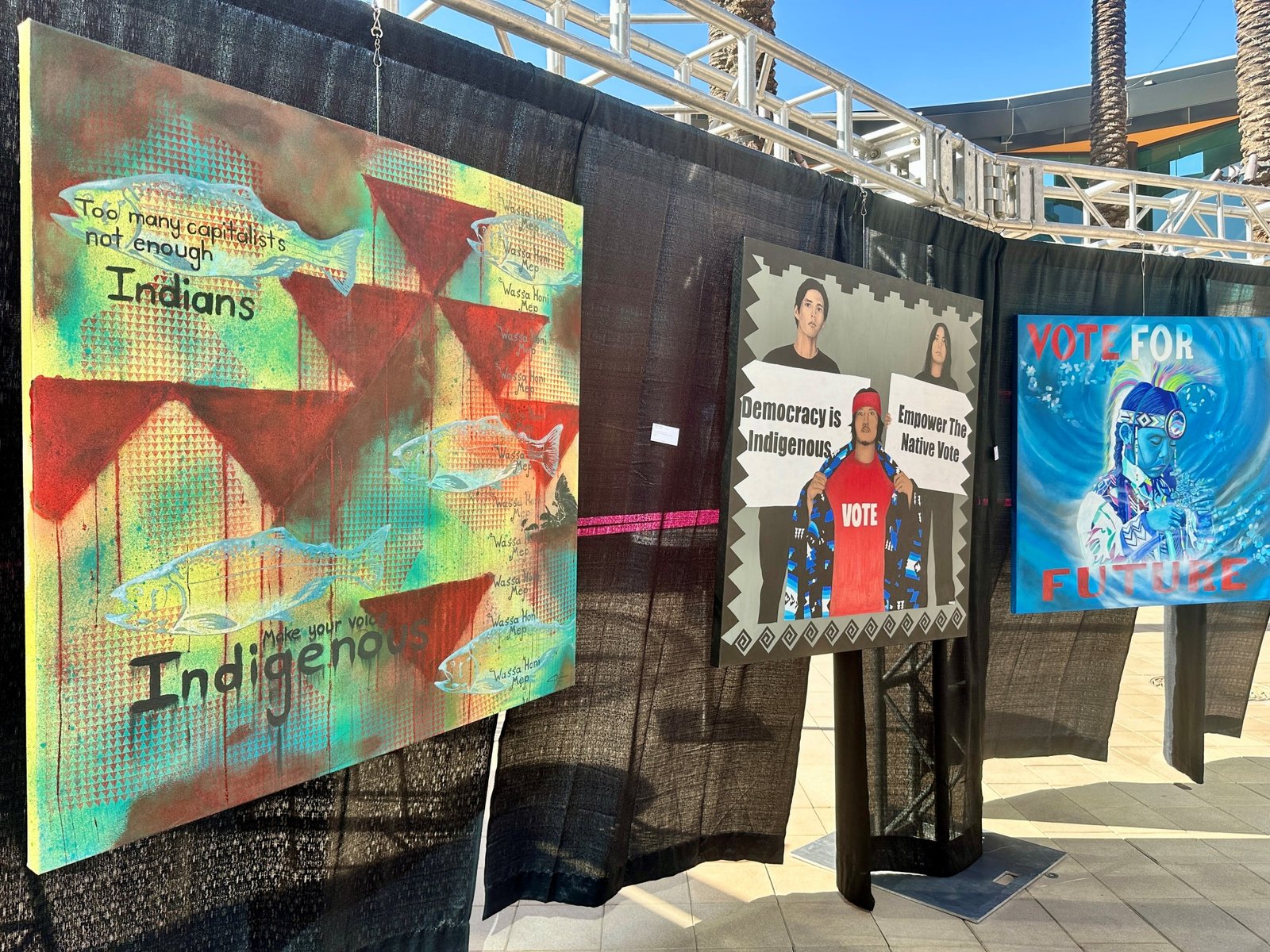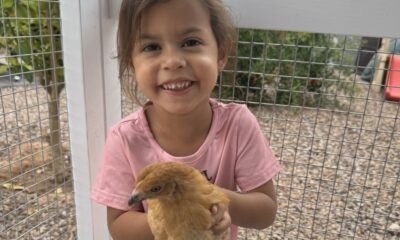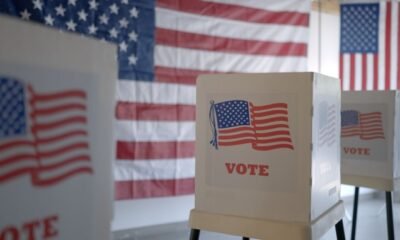2024 election
Urban Native Voter Outreach: Cultivating Community Through Culture

As election day approaches in Arizona, organizations and advocates are intensifying their efforts to mobilize voters. A focus on Indigenous populations in urban areas presents unique challenges, as these communities do not reside in identifiable neighborhoods.
Janeen Comenote, executive director of the National Urban Indian Family Coalition, explains that urban Native Americans are dispersed throughout cities, complicating outreach efforts. This complexity can be traced back to the Indian Relocation Act of 1956, which aimed to relocate Indigenous people from tribal lands to urban centers for work and assimilation.
“Currently, about 76% of Native people live outside their ancestral homelands,” notes Jolyana Begay-Kroupa, CEO of the Phoenix Indian Center. The relocation policy intentionally scattered Indigenous populations, hampering efforts to reach these voters.
Comenote emphasizes the importance of leveraging established relationships with local organizations to effectively engage urban Native voters. “Bringing culture to the table is crucial,” she states, highlighting that voting initiatives often align with cultural events.
The Phoenix Indian Center has been pivotal in this effort, serving the Indigenous community for over 75 years. Through trust built over decades, they facilitate civic engagement events, helping residents register for state and local elections.
June Shorthair, a civic engagement specialist at the center, shares that their strategies focus on community settings familiar to urban natives. The center has hosted numerous events to educate voters about local issues and candidates, addressing how governance impacts their daily lives.
During a town hall hosted on Indigenous Peoples Day, community members engaged with local candidates, emphasizing the importance of voting based on issues rather than party affiliation. “Democracy is Indigenous,” Shorthair asserts, reflecting how deeply rooted democratic values are within Native cultures.
Indigenous people constitute about 6% of Arizona’s population, translating to around 300,000 eligible voters. Arizona Secretary of State Adrian Fontes notes that Native voters are spread across both reservations and urban areas, making them a significant demographic in tightly contested elections.
At a recent get-out-the-vote event in the Gila River Indian Community, Gov. Katie Hobbs praised the record turnout of Native voters in previous elections, urging them to continue exercising their electoral power. “Your voices matter,” Hobbs declared, emphasizing the impact of tribal votes in close races.
Both Hobbs and Arizona Attorney General Kris Mayes underscored the importance of tribal sovereignty and the necessity of prioritizing tribal community needs. “For too long, our state’s leaders have ignored tribal voices,” Hobbs lamented.
The Phoenix Indian Center focuses on educating urban Indigenous communities about their dual citizenship rights, as many are enrolled members of tribes while also being American citizens. “You are connected to both,” Shorthair explained, promoting the idea that participation in state elections is as vital as voting within tribal nations.
Recognizing the significance of urban voters, tribal leaders like Gila River Indian Community Gov. Stephen Roe Lewis engage directly with these populations. Their urban members association provides resources and information crucial for voter participation.
At the Gila River Indian Community’s recent get-out-the-vote rally, which featured various tribal leaders and state officials, community members received educational materials, including details on candidates and ballot measures. “We are not telling our members who to vote for, but rather who the candidates are and what the measures entail,” Lewis stated.
Efforts to mobilize Indigenous voters are essential, particularly as their participation has historically influenced the outcomes of elections in Arizona. As Lewis remarked, “The Native vote in Arizona made a difference,” emphasizing the critical role of civic engagement for Indigenous populations.


















